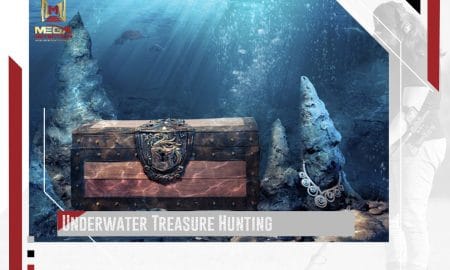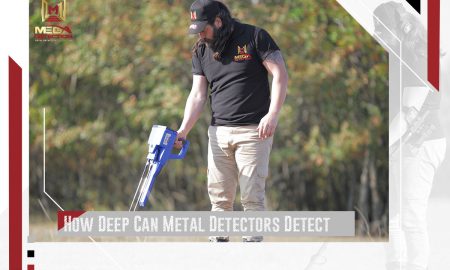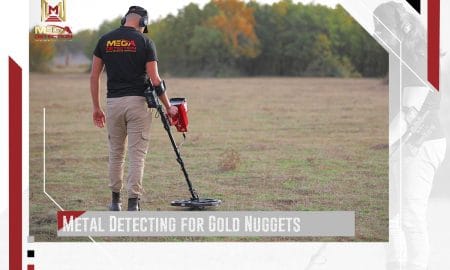Relic Hunting Tips
Relic Hunting Tips
Relic hunting is about metal detecting all kinds of mostly iron artifacts and relics that may have a high historical, archaeological, collectible or even decorative practical value; Colonial iron door hinges exemplifying the latter. Non-metallic relic finds, which get unearthed as the “by-products” during the process of target recovery and range from Neolithic axe heads to the 18th century clay pipes (mostly incomplete), are also highly sought by relic hunters.
Relic hunting is very popular around the world and consists of many subcategories such as “Bronze Age”, “Medieval Period”, “Medieval Animal Style”, “Early American Iron”, “US Revolutionary War”, “US War of 1812”, “US Civil War”, “World War I” and “World War II” just to name the major ones.
Each of these categories deserves its own web site for a full presentation, and there are many web sites dedicated to metal detecting relics on the internet. Nevertheless I included general information on the WW2 military relic hunting on the following pages because this activity has become very popular in Europe.
In its essence, relic hunting is more effort- and time-consuming than just general metal detecting because relic hunting usually takes place in the remote areas located in dense woods, swamps, mountains or abandoned fields overgrown with vegetation. Various types of relic hunting sites may range from the sites of ancient settlements to the sites of the WW2 battlefields and front lines.
If IRON Relic Hunting is your “cup of tea”, you should know how to clean and preserve iron relics and artifacts. The best method for cleaning rust off the iron relics is Electrolysis, and you can learn all about it in my tutorial – Removing Rust from Iron Artifacts with Electrolysis – the most detailed and illustrated 150-picture tutorial on the web!
Detecting the woods
Start your relic hunting in your local woods. Now that it’s Spring surely you have noticed areas that would seem promising. You might be spotting old stone walls or foundations as you drive by them. Make a note of these spots so you don’t forget. When you get a chance to go back to these old foundations, look for deep impressions in the ground that may have been dug for a bottle dump or cellar hole.
If you find a path in the woods, your best bet would be to check it, because most paths are not new, and have been walked on for centuries. Most paths were eventually made into roads . Searching near the road may be a good idea, because people walked along the road years ago. Keep a lookout for overgrown paths, and old wagon roads. These usually have stones imbedded in them so that the wagons wouldn’t sink in the mud.
Riverbank hunting
We seem to have the best luck at this type of detecting. Waterways were the first form of traveling, so be sure to check around old marinas, and especially old ferry launches. The old timers in your area may be of some help giving you locations of their old fishing spots. Old swimming holes are good, because when it’s really hot people shed the clothes, and jump right in .
A man in New York asked us to find a gold cross and chain that fell out of his pocket as he was undressing near such a swimming hole in the 1930’s.
If you see pieces of broken pottery or glassware you can almost bet it’s a good spot. Remember the colonists had to wash their clothes in the rivers, and creeks. We have found losts of old buttons. Check around old bridges and train stops, you may be lucky and find an old token.
Field location There are a lot of old farm fields around, the main thing with these, is getting permission. But usually, depending on the time of year, farmers are pretty lenient and don’t mind. Fields are great right after a hard rainfall. You may even spot some Indian artifacts.
Do some studying on the locations of old cotton or tobacco fields. If you hit upon a coin, check that area real good, because you may have stumbled across a hidden treasure cache, and it has been known to happen. Most fields were used as encampments during certain wars. So be sure you aren’t breaking any laws by detecting known battlefields.












Leave a Reply